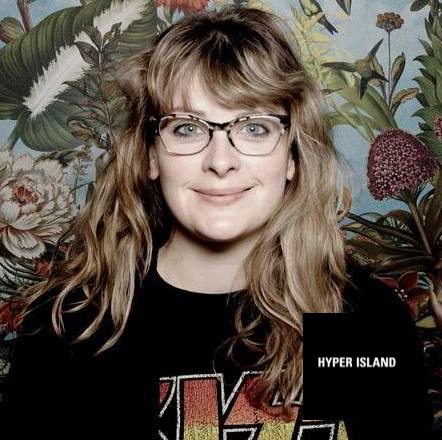#19 The Human Centered Designer
How can I use design and creativity to help organisations be better for people and our planet?
In 2004 I worked on a climate change campaign. Back then ‘environment’ and ‘sustainability’ were dirty words; the home of sandal-wearing hippies. Fast-forward 10 years and the digital revolution means people have a greater understanding of networks and systems as well as the impact of their actions on people and the planet. Complex information and data that was behind the scenes previously is now often freely available to us helping us to see the bigger picture. There’s a sense in the mainstream that business has a duty in moving towards more sustainable business models.
This sentiment is also echoed with the businesses and people I work with. More and more there is a desire to deliver products and services that master a whole-systems approach. Many large organisations find this the ultimate challenge. They’re set up to execute an existing business model, not look for or adapt to new ones. This is where startups have an advantage. The challenge for big business is to embrace risk and think differently about commerciality and scalability. Designers and creatives can play a key role in making this change happen.
There’s really too many to mention though over the past year I’ve been thinking about the future of learning and work - and how this will affect the way we live.
I’ve been inspired watching Stefan Sagmeister’s TED talk about the power of taking time off. It doesn’t work for everyone but I’ve found that taking time out of everyday life is good for the soul. I’ve also been inspired by Hyper Island’s approach - many of the approaches were implemented in my previous company with my colleague who is an HI alumni: I’ve seen where they work well and where they’re a challenge.
Adaptability is one skill that is underrated. We’re already seeing changes in organisational structure: Zappos is leading the way with radical organisational change by instilling Holocracy which “replaces today’s top-down predict-and-control paradigm with a new way of achieving control by distributing power”. Although this set-up won’t work in all organisations and industries I believe the creative industries will be first to learn from and adopt some aspects of this way of working. HI graduates have a distinct advantage in this sense.
Always seek to do what you love and be constantly curious. Lifelong learning is critical to remaining relevant in your work. There are many ways to do this:
- Surround yourself with people who know more than you or are more talented than you.
- Hang out or work with people who have a different perspective.
- Find support: life/career coaching can be important through transition periods
- Be clear about how you’d like to develop and where you can find resources.
- Be open to serendipity - sometimes the biggest learnings happen when you least expectGive yourself and your brain time to rest - clarity often comes from down-time and a more reflective state of mind.
You can read more profiles here...

